Ticketmaster – The Only Game in Town
By Staff on April 26, 2023
Sweat pours down your face, off your hair, rivulets down the back off your T-shirt. It presses into your computer chair as you slam on the buttons and click over here and over there. Your competitors have computer rigs much more advanced, but you have a seventy-two ounce Mountain Dew and you have moxie and you will outlast. You will be victorious.
You will get those Taylor Swift tickets off of Ticketmaster.
The juggernaut that is Ticketmaster/Live Nation owns the world of live concert ticket sales through sheer size and influence over thousands of venues in the United States, and even more globally. Yet bally. Yet such things as market demand pricing, a slew of fees, and the at times inability to handle very large demand events leaves the public in the nosebleeds.
After the merger between Ticket Master and Live Nation, CNN reported that the ticketing conglomerate owned 70% of the market for concerts and live ticket sales. According to an article in Saving Country Music, from 1993 to the third quarter of 2022, Ticketmaster’s profit went from $7.5 million to Ticketmaster and Live Nation’s combined $4,03 billion. To illuminate this, their whole 3Q take in 2022 was $6.2 billion. Two-thirds of their take was pure profit.
One might say that over 30 years, it should be higher. But a CPI Inflation Calculator has the difference between 1993 dollars to 2023 dollars at about double, a 1993 dollar is worth about $2.09. So Ticketmaster, even counting the merger with Live Nation, should be looking at tens of millions of profit, not billions.
There is a method to their madness. Ticketmaster doesn’t just rob you at the door of the venue. Their first M.O., so to speak, is what’s called ‘dynamic pricing. The Scotsman explained dynamic pricing as a market-based pricing model, where, if the demand is high, the price of a ticket can skyrocket. It’s essentially the same pricing model for airlines, AirB&B, and Uber’s “surge pricing.”

Taylor Swift’s “Eras” tour, in some instances, was topping out at more than $4,500. Tickets to Bruce Springsteen once went to $5,000.00 a pop.
Another prong in the pitchfork is the fees. While Ticketmaster has to display the fees as a result of congressional action, they can name them whatever the hell they want, and they don’t have to tell you where that fee money goes. It’s just something we have to take, another sticker for the sticker shock.
And here’s the third prong, the one the proctologists use. Ticketmaster and Live Nation either own big venues outright, or a lot of their fees go into the venues’ pockets. So a big artist can’t organize their own ticket sales with most of the venues that could handle their fan base.
Ticketmaster will paint the musicians as the culprits, saying that they set the prices. But what happens if a band sets a low ticket price, and only one ticket price? Ask Pearl Jam. They tried to do this. And when Ticketmaster showed them that they had very little to say about ticket prices if they wanted to “work in this town again,” Pearl Jam stood up to them, eventually testifying in front of congress. But they never got as big as they could’ve if they’d just kissed Ticketmaster’s ring.
Pearl Jam’s Stone Gossard and Jeff Ament were the two who testified before congress. “All the members of Pearl Jam remember what it’s like to be young and not have a lot of money,” Gossard told lawmakers. “Many Pearl Jam fans are teenagers that do not have the money to pay $30 or more that is often charged for tickets today. It is well known in our industry that some portion of the service charges Ticketmaster collects on its sale of tickets is distributed back to the promoters and the venues. It is this incestuous relationship and the lack of any national competition for Ticketmaster that has created this situation we’re dealing with today.”
Remember, $30 then would only be $60 now. Think we can see the problem.
Some might say that Ticketmaster and Live Nation get the job done when it comes to high-demand events. If not them, who? Aerosmith manager Tim Collins put it best, in the article Saving Country Music. “Last week, I was with Aerosmith in Italy, where the band is currently on tour,” said Collins. “We were talking about Ticketmaster, and how it relates to our concert business. Steven Tyler, Aerosmith’s lead singer, said to me, ‘Mussolini may have made the trains run on time, but not everyone could get a seat on that train.’ That is the problem that Aerosmith and I have with Ticketmaster.”
Collins’ statement may have proven to be half-right. For Taylor Swift’s “Eras” tour, they failed to make the trains run on time. Ticketmaster had to cancel public sale of Swift’s tour tickets because the demand was so high. To their credit, they do institute a Verified Fan program, similar to TSA’s Pre-Check except that it’s designed to discourage reseller bots from getting tickets. But the 1.5 million Verified fans they planned for met with a tidal wave of 14 million ticket seekers, including bots. On the scalpers market, politely called the resale market, tickets were going for hundreds of thousands.
Taylor Swift did have something to say, of course. The Guardian, among many others, picked up her full statement, but here’s an excerpt.
“Well. It goes without saying that I’m extremely protective of my fans,” she said. “We’ve been doing this for decades together and over the years, I’ve brought so many elements of my career in house. I’ve done this SPECIFICALLY to improve the quality of my fans’ experience by doing it myself with my team who care as much about my fans as I do,” she wrote. “It’s really difficult for me to trust an outside entity with these relationships and loyalties, and excruciating for me to just watch mistakes happen with no recourse.
“There are a multitude of reasons why people had such a hard time trying to get tickets and I’m trying to figure out how this situation can be improved moving forward.
“I’m not going to make excuses for anyone because we asked them, multiple times, if they could handle this kind of demand and we were assured they could. It’s truly amazing that 2.4 million people got tickets, but it really pisses me off that a lot of them feel like they went through several bear attacks to get them.”
A bright light to this is that not all artists are towing the Ticketmaster line, even if they’re stuck using them. According to Vulture, The Cure’s Robert Smith, a might disgusted with the many fees that Ticketmaster tacks on to his tickets, took to Twitter in all caps about it.
“I am as sickened as you all are by today’s Ticketmaster fees debacle. To be very clear: the artist has no way to limit them. I have been asking how they are justified. If I get anything coherent by way of an answer I will let you all know. X”
And wouldn’t you know it? Ticketmaster slowed their roll!
“After further conversation,” Smith later tweeted. “Ticketmaster have agreed with us that many of the fees being charged are unduly high, and as a gesture of good will have offered a $10 refund to all Verified Fan accounts for lowest ticket price (LTP) transactions… and a $5 per ticket refund to all verified fan accounts for all other ticket price transactions for all Cure shows at all venues: if you already bought a ticket you will automatically get a refund: All ticket sales tomorrow will incur lower fees.”
So what to make of Ticketmaster? Just a thought. Smaller, local bands you could see for ten dollars would take off and become huge if everybody saved their Ticketmaster money for a year and packed some local venues instead. And they’re usually all general admission, and no seats means no bad seats.
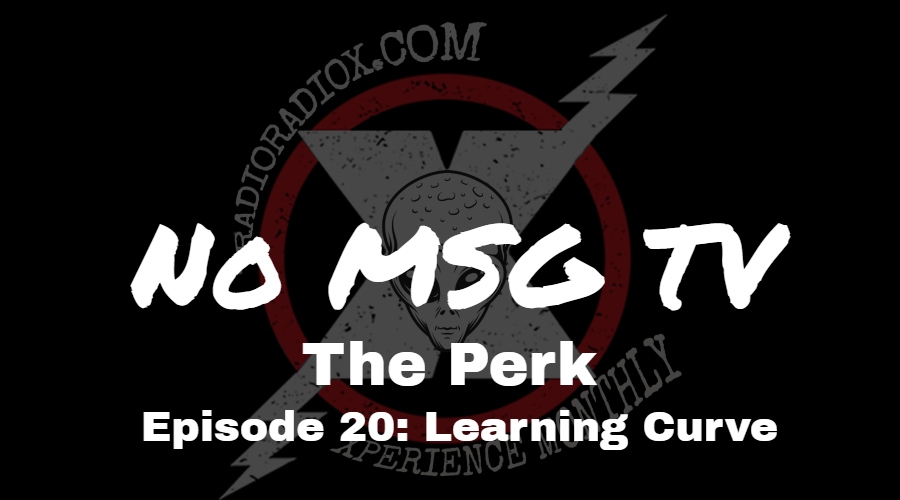
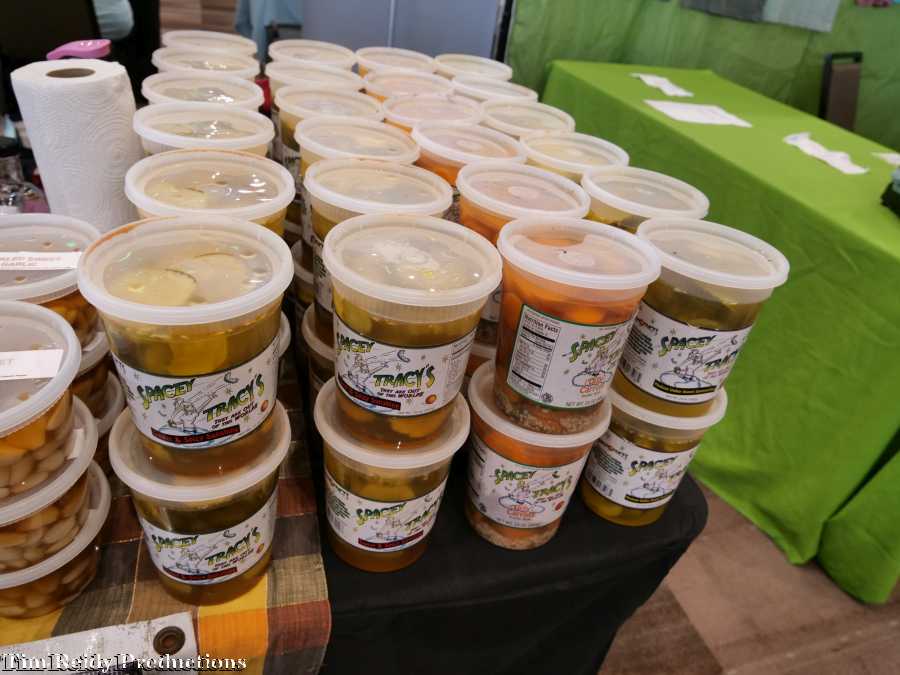
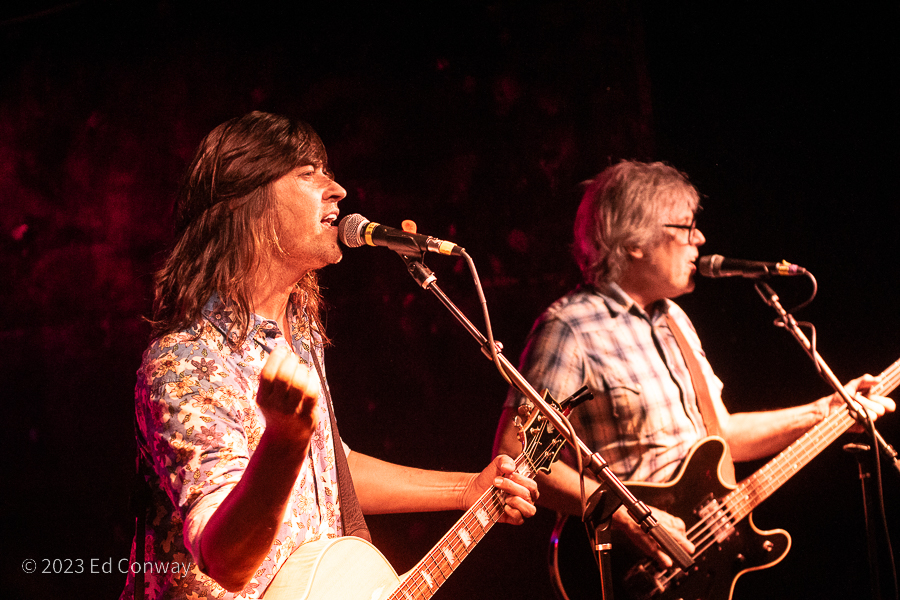
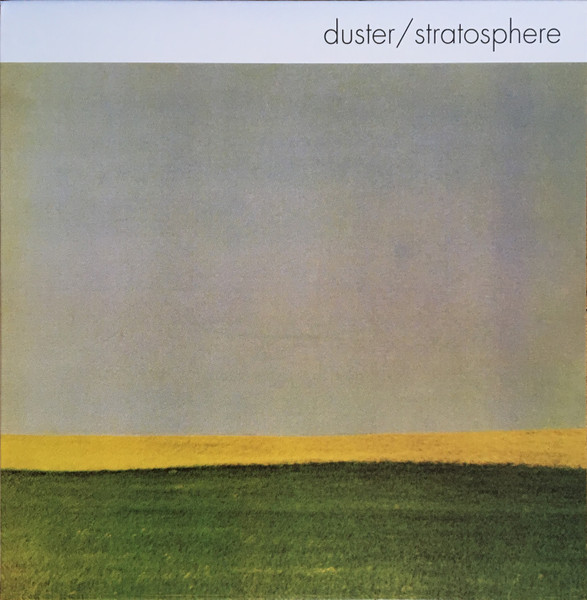
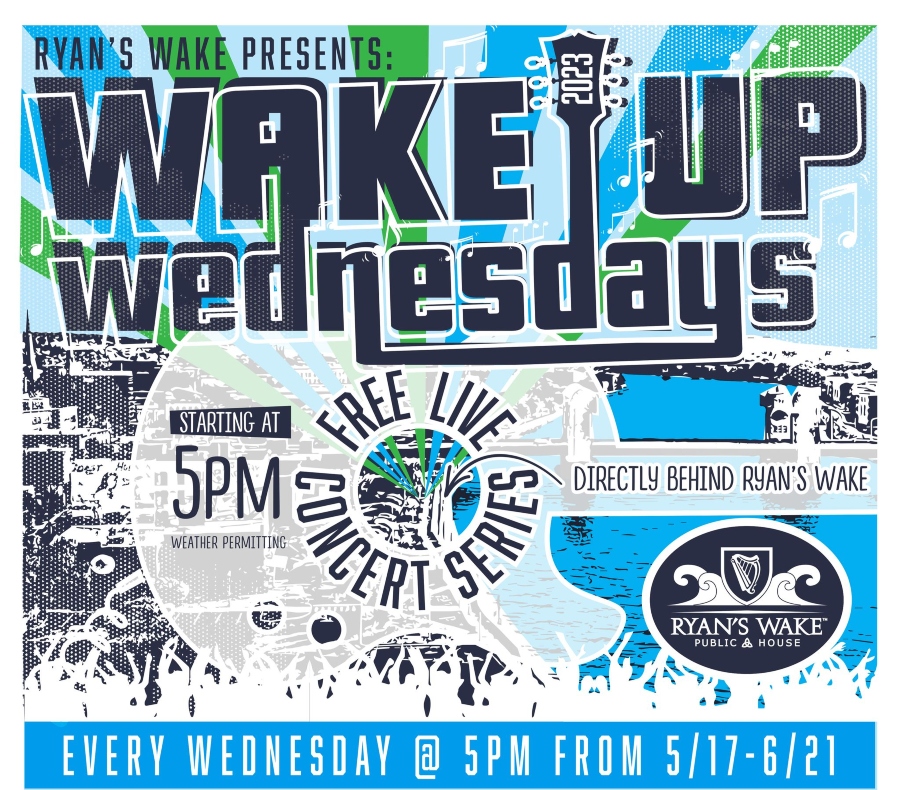
 RadioRadioX
RadioRadioX